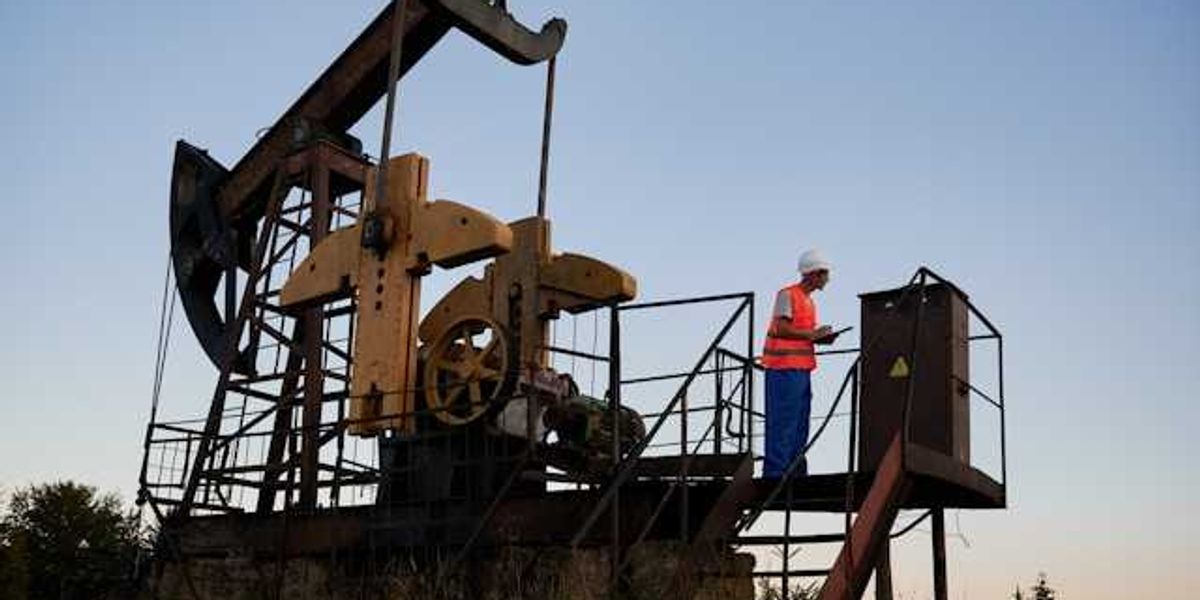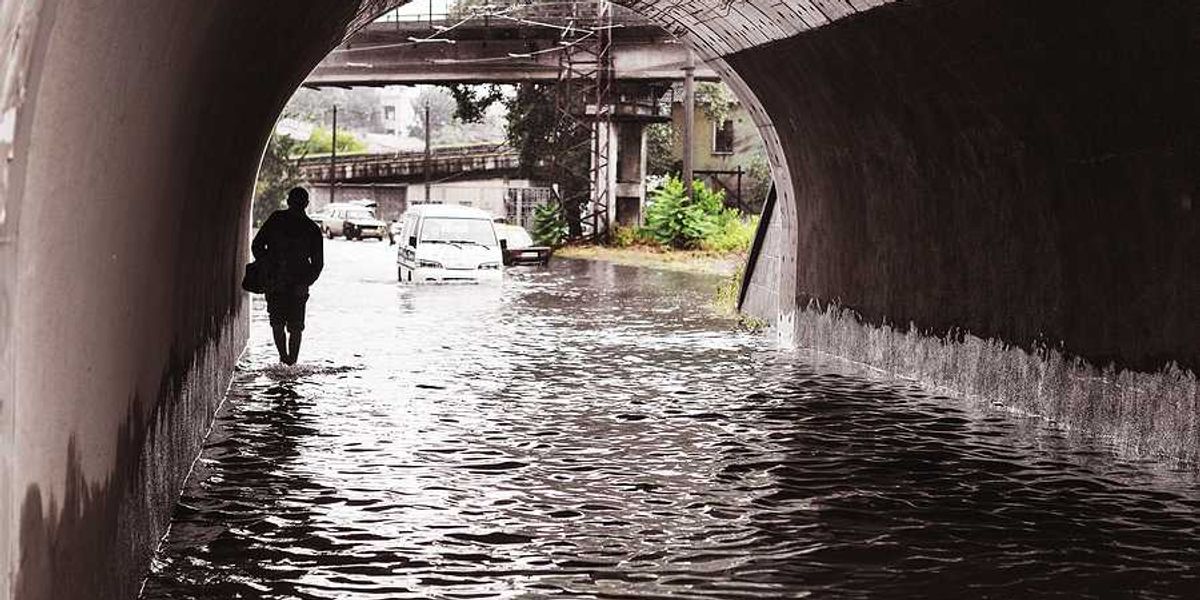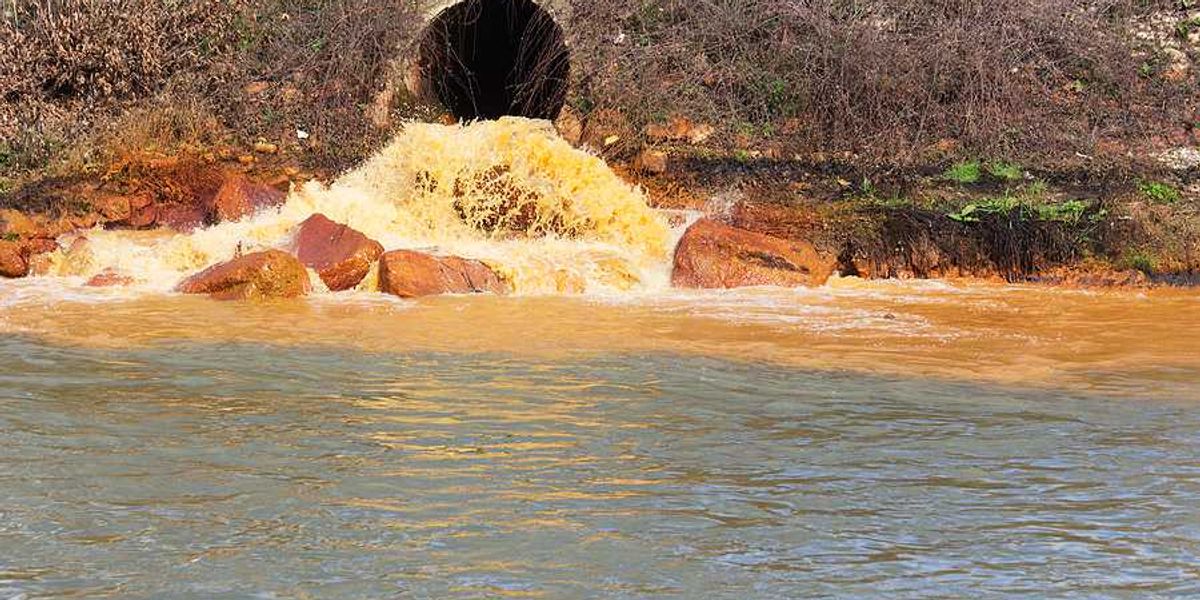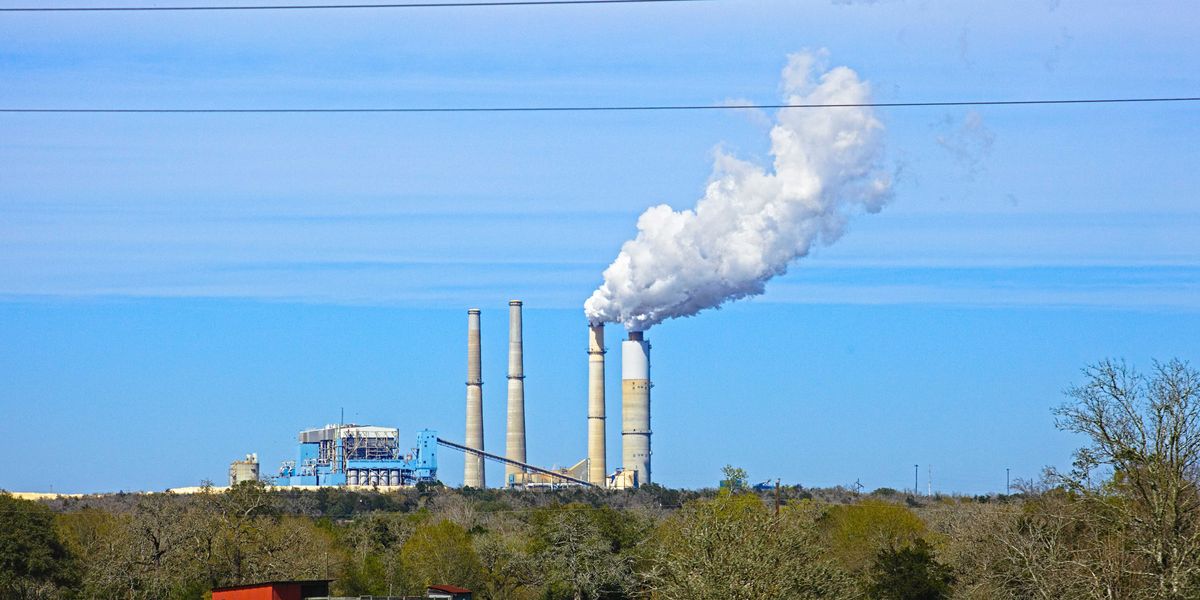The world is drowning in plastic, with 57 million tons of pollution annually
The world generates an astonishing 57 million tons of plastic pollution every year, spreading from the depths of the oceans to inside human bodies, with two-thirds coming from the Global South, according to a recent study.
Seth Borenstein reports for the Associated Press.
In short:
- Researchers found that the Global South produces more than two-thirds of the world’s plastic waste, much of it due to lack of infrastructure and government waste management.
- The study received criticism, however, for not examining the toll of plastic production, which generates planet-warming greenhouse gas emissions and other pollutants harmful to human health.
- Microplastics, from improperly discarded waste, are increasingly found in human bodies, with uncertain health consequences.
- Final negotiations on a global plastics treaty are scheduled for November, aiming to address this growing problem.
Key quote:
“They [microplastics] are in the most remote places ... the peaks of Everest, in the Mariana Trench in the ocean, in what we breathe and what we eat and what we drink.”
— Costas Velis, University of Leeds environmental engineering professor
Why this matters:
All eyes are on the global plastics treaty negotiations in November, as world leaders try to rein in this crisis before it spirals further. If they succeed, we could finally see a coordinated effort to curb this plastic tidal wave.
Read more: Scientists say health should be the core of global plastic treaty.













